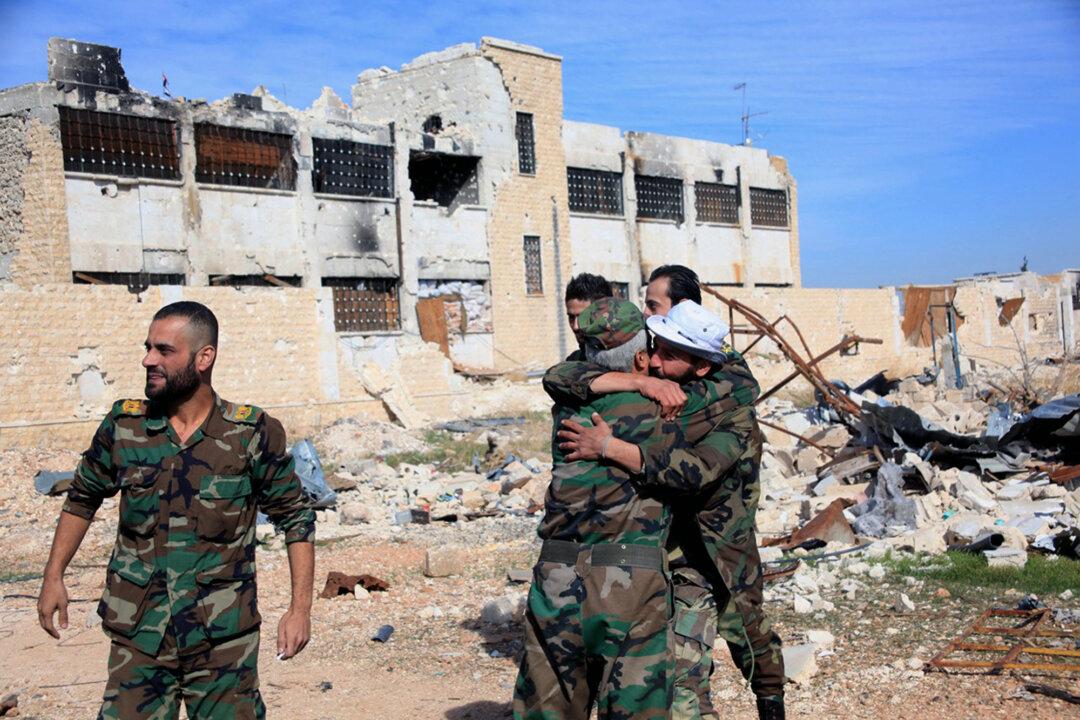BEIRUT—The international community is mounting its most serious effort yet to end the nearly 5-year-old Syrian war, rallying around a second round of talks in Vienna this weekend amid the emergence of a Russian proposal that calls for early elections.
But the global push for peace so far excludes any of the Syrian players, and experts say any hasty decisions risk leading to even greater bloodshed.
While world leaders seem to be in agreement that the time has come to put an end to the carnage in Syria that has killed more than 250,000 people, there is still no clear roadmap on how to get there.
Still, the stepped up diplomatic activity, coupled with the U.S. decision to send special operation troops into northern Syria—something the Obama administration had long sought to avoid—reflects a new urgency and a shift in dealing with the world’s most intransigent conflict.
The Russian proposal calls for drafting a new constitution within 18 months that would be put to a popular referendum and be followed by an early presidential election. But it makes no mention of Syrian President Bashar Assad stepping down during the transition—a key opposition demand and a sticking point in all previous negotiations to end the civil war.
Russia’s military intervention in Syria has raised Moscow’s profile when it comes to Syria and given Russian President Vladimir Putin a stronger say in how to end the conflict.
“This is really the first serious effort on the part of the United States and Russia to bridge the divide, to come up with some concrete ideas about the broad contours of a diplomatic settlement,” said Fawaz Gerges, a Middle East expert at the London School of Economics.
The divides have narrowed considerably, he said, adding that the Americans and the Russians now seem to see eye-to-eye on restructuring the political system by drafting a new constitution and holding early elections.
The involvement of Russia and Iran, two key allies of Assad, is essential in any talks on Syria. Iran had been excluded from last year’s talks in Switzerland, but attended the talks two weeks ago in Vienna along with its arch regional rival, Saudi Arabia, a key backer of the rebels fighting to topple Assad.
The Syria conflict has turned into a proxy war between regional and international foes, and observers have long said that any attempt to end the fighting will have to come from an agreement between the warring parties’ regional backers, who can then strong-arm the groups they support into making the necessary concessions.
At the initial talks in Vienna on Oct. 30, the U.S., Russia, Iran and more than a dozen other nations agreed to launch a new peace effort involving Syria’s government and opposition groups.





